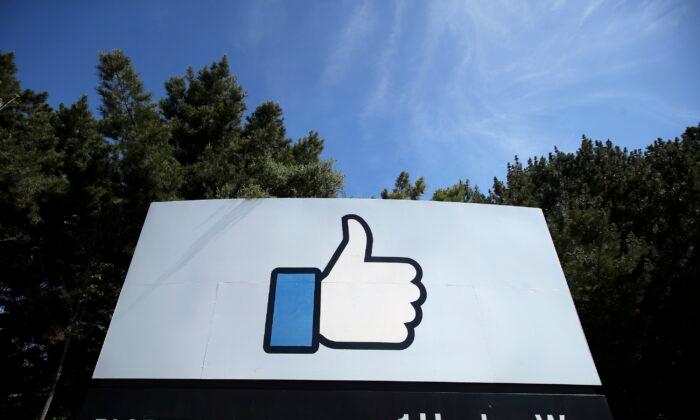Aussies who use a thumbs-up emoji in text messages, particularly in business scenarios involving official documents, are being urged to exercise caution after a Canadian court deemed the common emoji to be a valid signature.
In a dispute before a Canadian court in June, the presiding judge said an emoji—in this case, a thumbs-up emoji—can amount to a contractual agreement and ordered a farmer to pay more than US$82,000 for not delivering the product to a grain buyer after the farmer responded to a text message with the commonly used emoji.
According to court documents, the farmer argued that the thumbs-up emoji had been used only to confirm he had received the contract from the buyer and that he would review the contract at a later date. The farmer added that he was not agreeing to the terms of the contract.
“This court readily acknowledges that an emoji is a non-traditional means to ‘sign’ a document, but nevertheless, under these circumstances, this was a valid way to convey the two purposes of a ‘signature’,” Justice Keene said.
Andrew Rich, head of National Industrial and Employment Law at Slater and Gordon Lawyers, said while the decision was made overseas, it could have some “persuasive value” in Australian courts.
“An Australian court can consider this legal decision when making a ruling, it can be thought of as a suggestion or advice from another court,” Mr. Rich said in a statement provided to The Epoch Times.
“While it isn’t a binding precedent, the law is increasingly modernising to accurately reflect the realities of our day-to-day lives; there are many common scenarios that would be similar circumstances to this.
“For example, your boss could send you a new contract, and you send a thumbs up back intending to confirm you received it, and when you read it, you disagree with the new terms.
Implications for Other Commonly Used Emojis
The farmer’s defence team argued that accepting the thumbs-up emoji would indicate agreement with the terms of the contract but would open the acceptance of other emojis, including the “fist bump” and the “handshake,” but the presiding judge dismissed these concerns.Mr. Rich said this decision suggests that other Courts may also find that these other emojis do not have the same commonly accepted meaning of expressing agreement as the thumbs-up emoji.
“This ruling means that by just sending a simple thumbs up, people may be locking themselves into a contract without necessarily intending to,” Mr. Rich said.
Mr. Rich said that Australians shouldn’t be afraid of using the thumbs-up emoji but just need to be aware of the new realities and challenges that the use of emojis and other new forms of communication create.
Further Analysis of the Thumbs-Up Emoji
The presiding judge said in his June decision that the thumbs-up emoji did meet signature requirements, and therefore the farmer breached his contract.According to the court documents, a grain buyer sent a text to farmers in March 2021 saying that he was looking to buy 86 tonnes of flax for $17 per bushel to be delivered in the autumn.
The buyer later spoke with a farmer on the phone and texted a picture of a contract to deliver the flax in November 2021, adding, “Please confirm flax contract.”
The farmer texted back a thumbs-up emoji. However, when November came around, the flax was not delivered, and prices for the crop had increased.
The buyer said the emoji amounted to an agreement because he had texted numerous contracts to the farmer, who previously confirmed them through text message and always fulfilled the order.
The judge also pointed to a Dictionary.com definition of the thumbs-up emoji, which said it is used to express assent, approval, or encouragement in digital communications.
“This court readily acknowledges that a (thumbs-up) emoji is a non-traditional means to ‘sign’ a document, but nevertheless, under these circumstances, this was a valid way to convey the two purposes of a ‘signature,’” Justice Keene wrote in his decision.
Justice Keene’s decision noted the case is novel, but the judge said emojis are now commonly used.
“This court cannot (nor should it) attempt to stem the tide of technology and common usage—this appears to be the new reality in Canadian society, and courts will have to be ready to meet the new challenges that may arise from the use of emojis and the like,” Justice Keene said.
Meanwhile, in a sign of the times, according to a Gen Z Reddit user, the thumbs-up emoji is passive-aggressive, rude, and hostile adding that the use of the emoji was outdated and “best never used” again.





